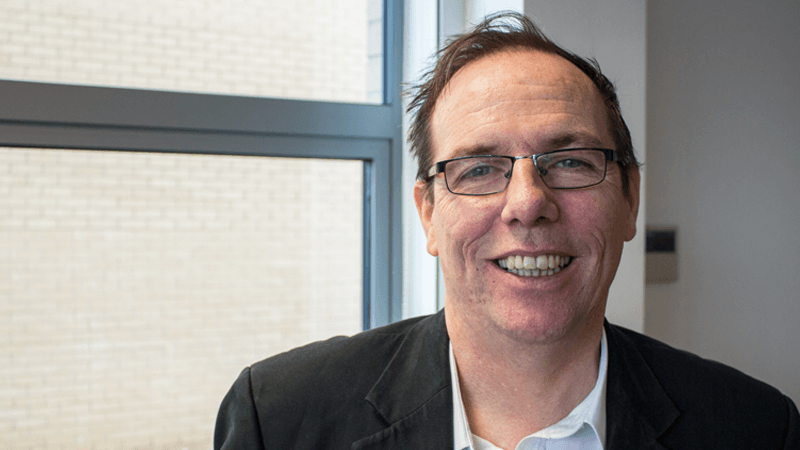Prof Dennis McGonagle: The promise of adult stem cells

Over the last few months, staff at the Institute have heard lectures from experts in the field of medical ethics.
Recently, we’ve heard from CMF President John Wyatt, SPUC Director John Smeaton and author Dr Kevin Yuill.
Earlier this month it was the turn of Professor Dennis McGonagle, a leading expert in the area of adult stem cells.
McGonagle, who is Professor of Investigative Rheumatology at the University of Leeds, has been researching adult stem cells for nearly two decades to try and develop new treatments for arthritis.
Adult stem cell research
One important area of Prof McGonagle’s work has been the development of devices to release more stem cells into diseased joints.
His work is one of many examples of the promise held out by adult stem cell research, especially when compared to controversial embryonic stem cell research, which involves the destruction of human embryos.
Prof McGonagle explained that adult stem cells are found in tissue and organs throughout the human body.
Caution
They have been used most successfully in the treatment of Leukaemia, where doctors replenish the stem cells which have been killed off by radioactive chemotherapy.
The cells derived from adult stem cells can also be transplanted into a damaged area of the body to aid repair and regrowth.
Over his 20 year career the professor has witnessed the adoption of adult stem cells and other types of adult cell therapy for arthritis but cautions that “much more work is needed to optimise these approaches”.
CI Comment
Clinical trials involving embryonic cells have so far been inconclusive but such research still receives significant investment and funding.
Scientists may have altruistic motives in undertaking this research but the fact remains that it can only be undertaken through the manipulation and destruction of embryos – unborn human beings.
It is time for scientists, the media and the public to wake up to the genuine potential of adult stem cell research and end the research that counts its cost, not just in GBP, but in human lives.
